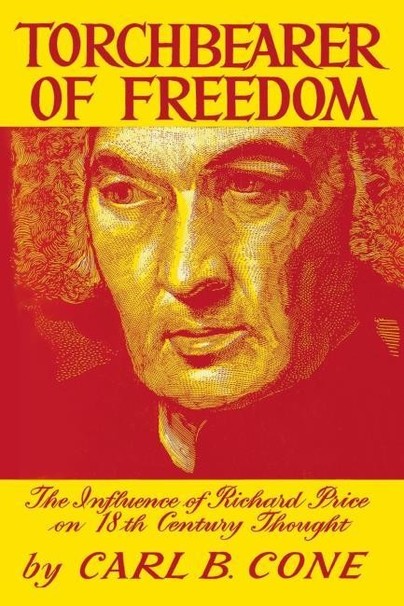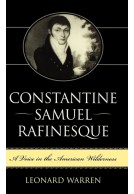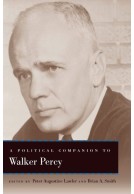Torchbearer of Freedom (Paperback)
The Influence of Richard Price on 18th Century Thought
Imprint: University Press of Kentucky
Pages: 226
Illustrations: Illus
ISBN: 9780813151809
Published: 15th July 2014
Script Academic & Professional
Pages: 226
Illustrations: Illus
ISBN: 9780813151809
Published: 15th July 2014
Script Academic & Professional
Please note this book may be printed for your order so despatch times may be slightly longer than usual.
You'll be £23.00 closer to your next £10.00 credit when you purchase Torchbearer of Freedom. What's this?
+£4.99 UK Delivery or free UK delivery if order is over £40
(click here for international delivery rates)
Need a currency converter? Check XE.com for live rates
(click here for international delivery rates)
Need a currency converter? Check XE.com for live rates
A bronze inscription in the public library of Bridgend calls Richard Price "Philosopher. Preacher. Actuary. Cfaill Dynolryw" [Friend of Humanity]. He was all these and something more. Son of a Welsh Presbyterian of Calvinistic leaning, Richard Price was educated for the ministry. That he belonged in the best of Dissenting tradition was exhibited at an early age in his own interest in Arianism, an interest fostered by the academy at Pentwyn where he studied. Here he met the works of Samuel Clarke, which thoroughly aroused the ire of his father.
Richard Price did not cringe in the face of hostile public opinion when events temporarily brought his principles into unpopularity. More than most of his liberal contemporaries, he was truly a "torchbearer of freedom." His first book was an attack on the empiricism of Locke, however, Richard Price intended no denial of other aspects of Locke's thought. An abiding faith in human reason, in free will, and in the value of education and science, with the consequent distrust of tyranny of any variety, all show that Price was not in revolt against the leading philosophical trends of his age. Rather he sought to place these values on a firm moral basis.
In association with many of the great spirits of the age, Joseph Priestley, Benjamin Franklin, Adam Smith, John Howard, the Younger Pitt, and Turgot, among others, he moved from moral philosophy to mathematics (an area in which he made many advances in statistics) and from there to political economy. His contribution in this latter respect was twofold. There was his enormous influence in drawing attention to the problem of the national debt of England and suggesting the Sinking Fund scheme that Pitt finally introduced. And there was his interest in and encouragement of the independence of America. In 1778 the Continental Congress voted to invite Price to take up American citizenship and offered to pay his expenses if he chose to move.
The life of Richard Price is an example of the power of the human spirit to shape the course of history.
Other titles in University Press of Kentucky...















